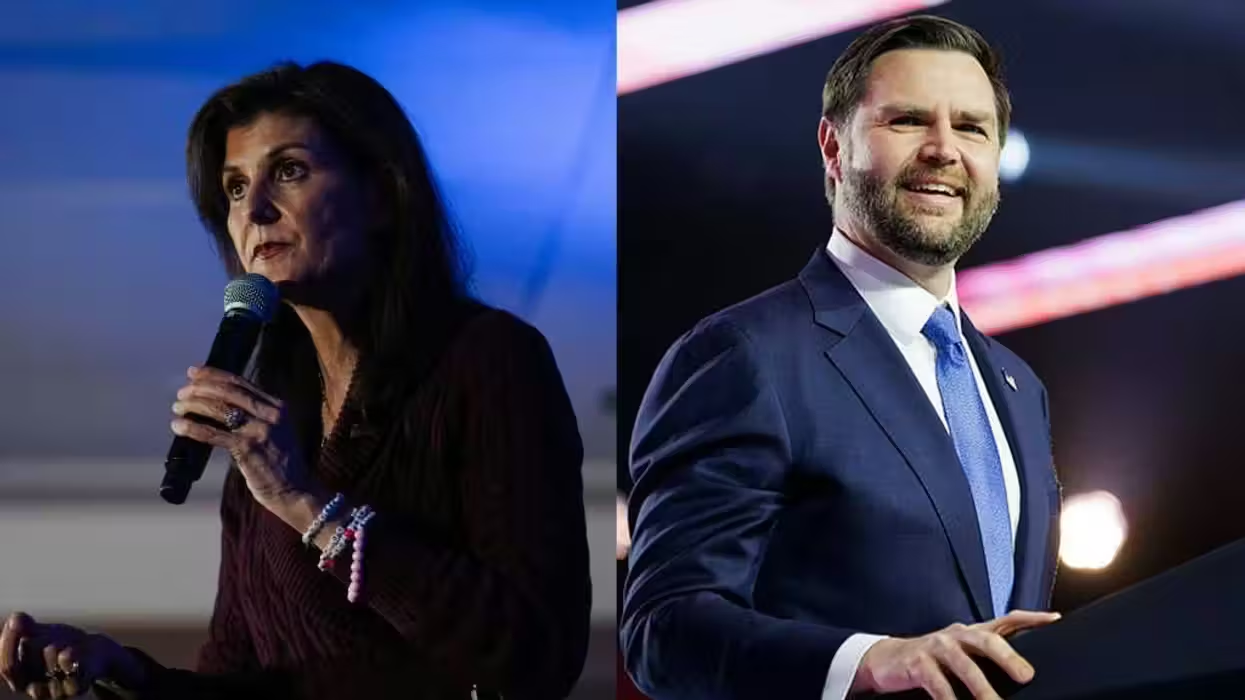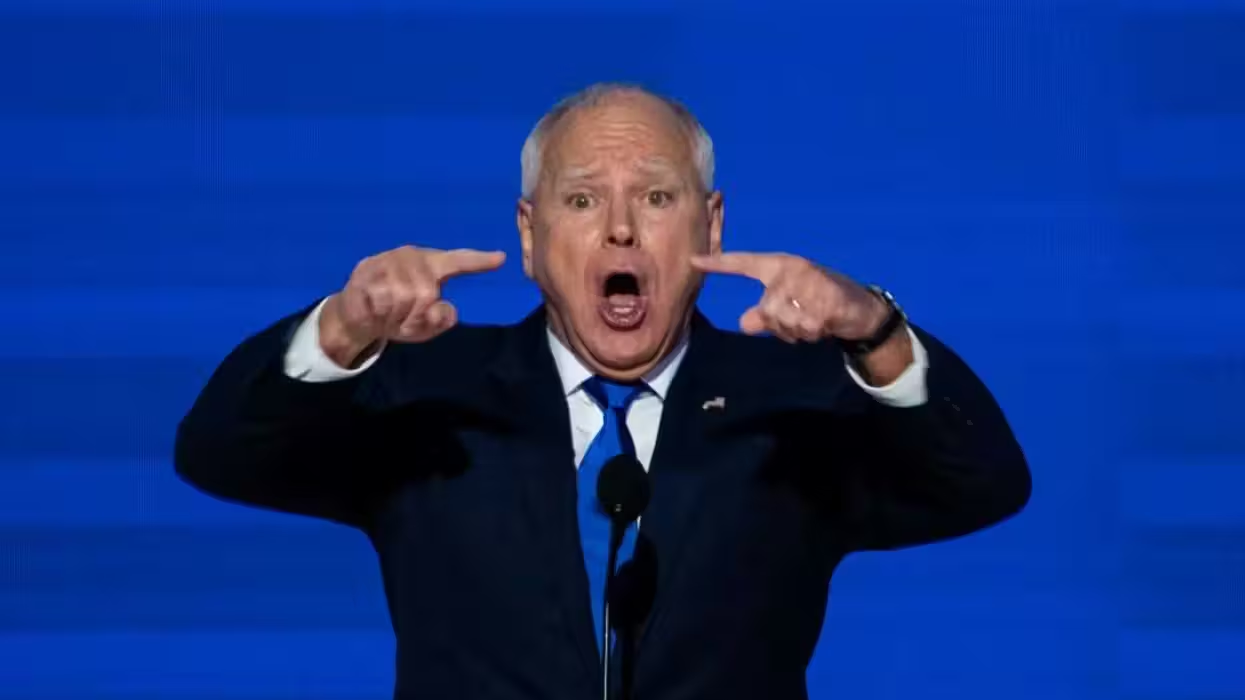As President Barack Obama prepares to leave office next week, he's busy crafting the narrative of his legacy, telling CBS "60 Minutes" in a soon-to-air interview that he believes he is the first modern president without a major scandal in his White House tenure.
While others would disagree with that assessment — there's certainly room to discuss episodes such as the four American deaths in Benghazi and the payoff to Iran for the release of America hostages, for example — it's hardly surprising that Obama would be seeking some positive defining administrative success now that it appears the GOP will immediately repeal and replace Obamacare.
Unfortunately for Obama, another of his most fervently wished for objectives looks to be a bust: far from being more united and healed after eight years of Obama, the party divide in the U.S. appears to have grown wider and more contentious.
The way to ascertain that, notes the LA Times, is by examining his approval ratings as he clears out of the Oval Office next week — and then look at who approves versus who doesn't:
President Obama leaves office with job approval ratings comparable to the high final marks for Presidents Reagan and Clinton. But unlike them, Obama’s support is overwhelmingly party-based.
Eight in 10 Democrats on average approved of Obama’s work over the last eight years, while only about 1 in 8 Republicans did so. Now nearly 9 in 10 Democrats and 6 in 10 independents, but only about 1 in 7 Republicans, give him positive marks, according to polling by the nonpartisan Pew Research Center.
Obama has always blamed congressional Republicans for the partisanship divide under his leadership, going so far as to suggest they simply did not like him, never would, and would, therefore, never work with him.
Republicans, on the other hand, suggest that Obama never reached out to try and bridge the divide, remaining aloof and disengaged with their ideas on policy and their constituencies' needs. In fact, they trace the ramming through of the stimulus bill early into Obama's first term as his "original sin."
"The American Recovery and Reinvestment Act, as the stimulus was formally known, passed Congress in February 2009 with three Republican votes in the Senate and none in the House," writes the LA Times. "Mutual recriminations only worsened later that year when the administration and Congress negotiated over Obama’s proposed healthcare reform law."
The Affordable Care Act, or Obamacare, famously passed without a single Republican vote.
Once the partisan intransigence set in — boosted says the Times by higher degrees of education attained, social media, increased racial diversity, etc. — Obama stopped even trying to feign graciousness to the other side of the aisle.
Jim Manley, a former top aide to then-Senate Democratic leader Harry Reid of Nevada, says Republicans still remember Obama’s boast to GOP leaders in the Oval Office in 2009. “Elections have consequences,” the new president told them.
“They’ve never forgotten that,” Manley said.
However, Obama's statement to the 2004 Democratic National Convention when he hit the nation's radar by saying, “There's not a liberal America and a conservative America; there's the United States of America,” might be forgotten as soon as he leaves office.







